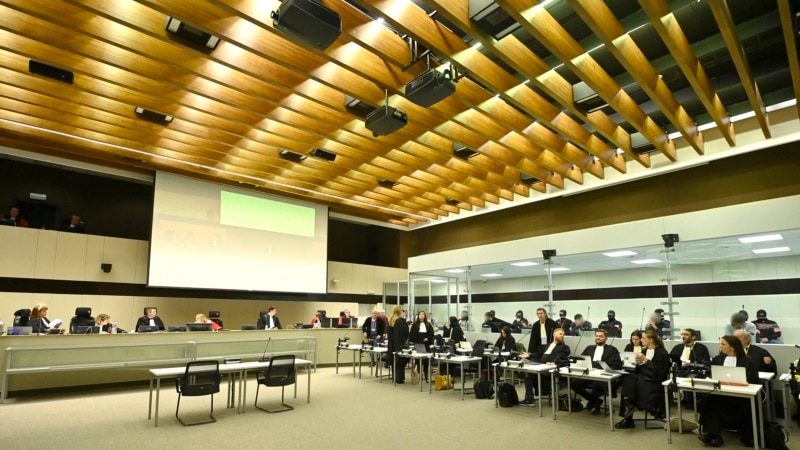Belgium begins proceedings Monday in its largest ever trial to determine whether 10 men played a part in the Islamist suicide bombings in Brussels in 2016 that killed 32 people and injured over 300.
More than six years after the attacks, presiding judge Laurence Massart will confirm on Monday the identity of all parties to the case, including the defendants and lawyers representing around 1,000 people affected by the attacks claimed by Islamic State.
She will then address the jury, selected from a pool of 1,000 Belgians last week in a process lasting 14 hours.
The Brussels bombings’ trial has clear links to the French trial over the November 2015 Paris attacks. Six of the Brussels accused were sentenced to jail terms of between 10 years and life in France in June, but the Belgian trial will be different in that it will be settled by a jury not judges.
The twin bombings at Brussels Airport and a third bomb on the city’s metro on March 22, 2016 killed 15 men and 17 women – Belgians, Americans, Dutch, Swedish and nationals of Britain China, France, Germany, India, Peru and Poland, many based in Brussels, the home to EU institutions and military alliance NATO.
Nine men are charged with multiple murders and attempted murders in a terrorist context, with potential life sentences, and all 10 with participating in the activities of a terrorist group.
They include Mohamed Abrini, who prosecutors say went to the airport with two suicide bombers, but fled without detonating his suitcase of explosives, and Osama Krayem, a Swedish national accused of planning to be a second bomber on Brussels’ metro.
Salah Abdeslam, the main suspect in the Paris trial, is also an accused, along with others prosecutors say hosted or helped certain attackers. One of the 10, presumed killed in Syria, will be tried in absentia.
In accordance with Belgium court procedure, the defendants have not declared whether they are innocent or guilty.
Prosecutors are expected to start reading from the 486-page indictment on Tuesday before hearings of some 370 experts and witnesses can begin.
The trial in the former headquarters of NATO is expected to last seven months and is estimated to cost at least $36.9 million.

